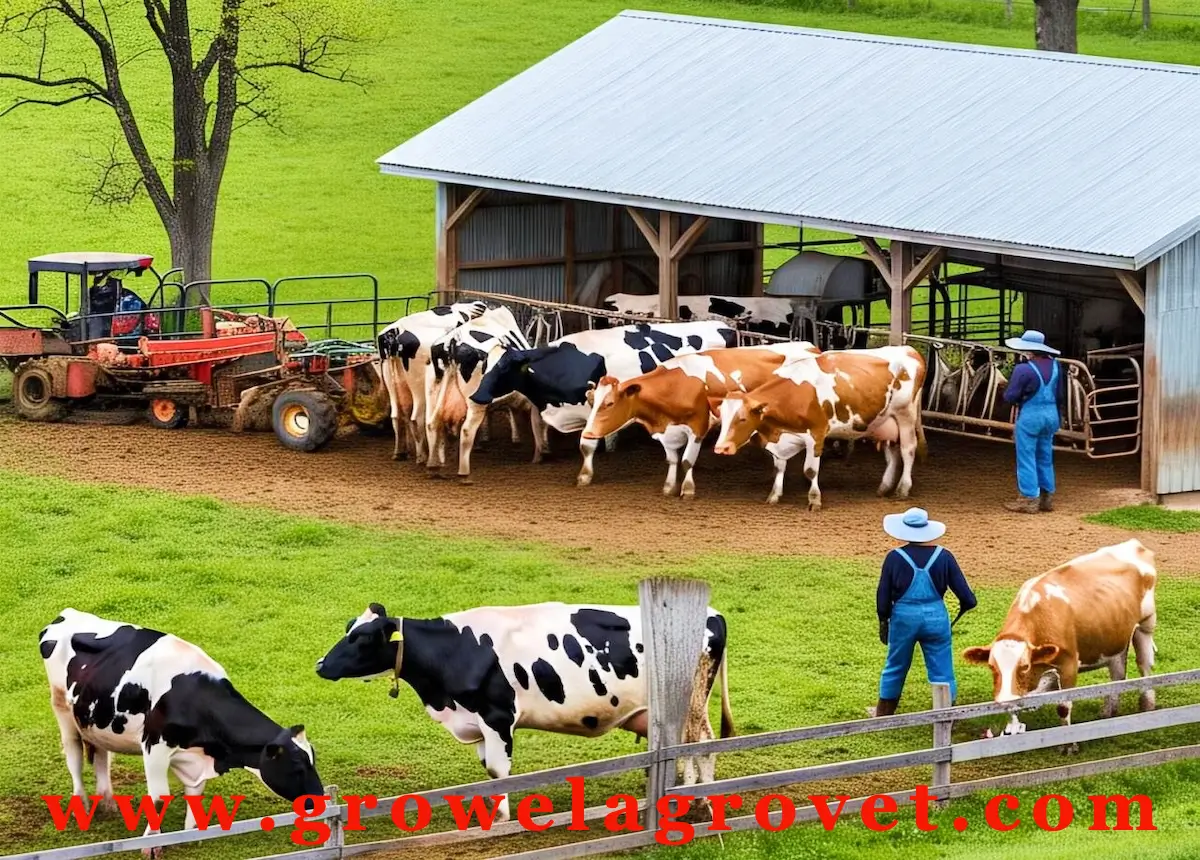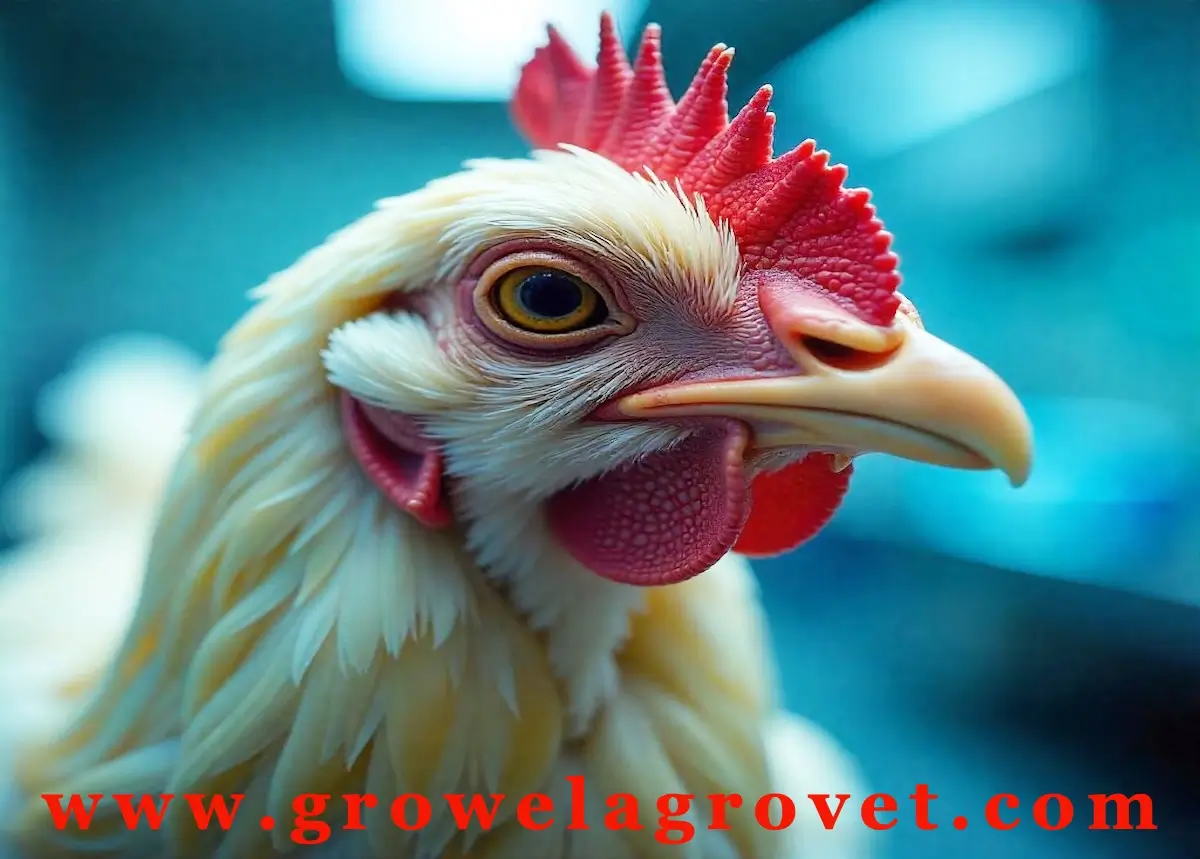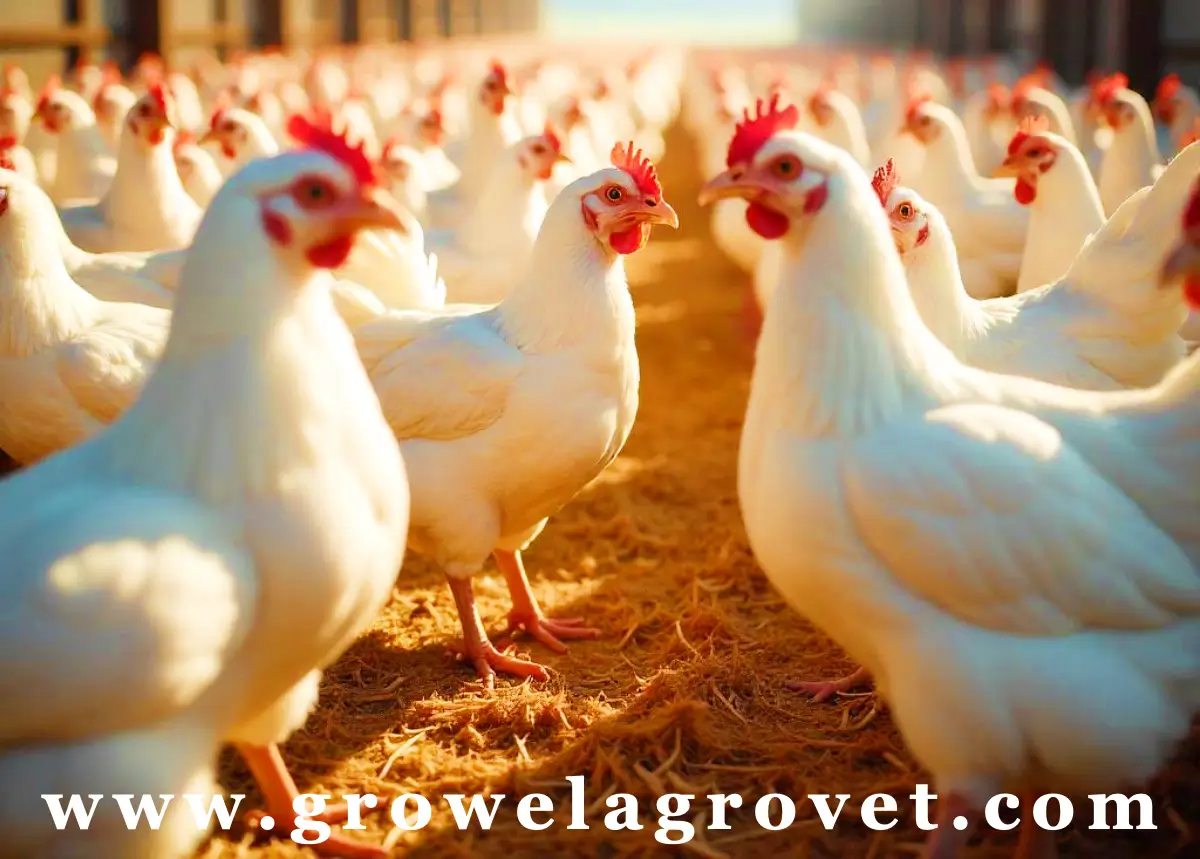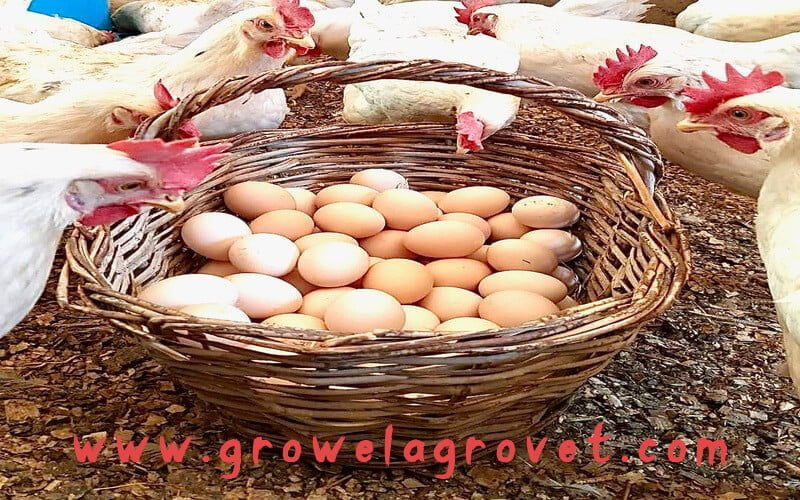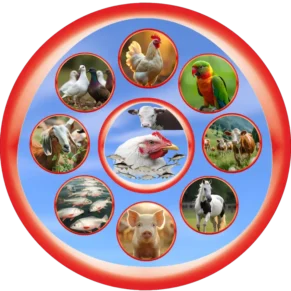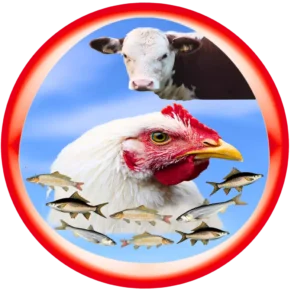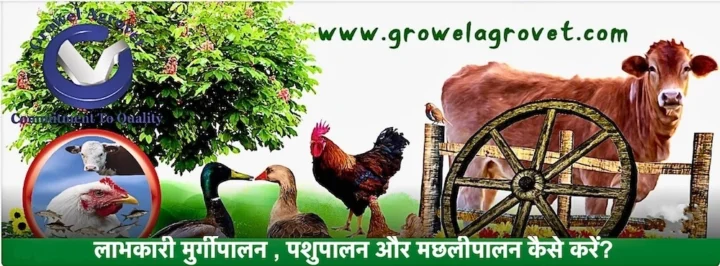Saguna Food director Mr. B Soundararajan started his poultry business with an investment of Rs.5000 about three decades ago and making a turnover of Rs.5500 crore today, you would think B Soundararajan, the managing director of Suguna Holdings, would have very little time for sleep.
But far from it, he is off to bed quite early, and has a good 8-hour sleep. He goes to bed around 8.30-9 pm and wakes up at 5 am. “It is important to sleep well to be fresh for the next day’s work. When I lie down on the bed I hardly remain awake for half a minute to one minute,” says the 53-year-old first generation entrepreneur, who hails from a village near Udumalpet, about 70 km from Coimbatore.
A self-made man, who likes to do anything he does “with perfection”, he quit his studies after Class Eleven to take up farming on the suggestion of his father, who was then a teacher in a government middle school.
“He encouraged me to do something on my own and I took up agriculture. He felt that if I joined college and took a degree I would end up searching for a job,” says Soundararajan, who cultivated vegetable crops for three years.
He lost Rs.2 lakh in farming, then worked in a furniture manufacturing company in Coimbatore for a year and a half without salary, and later moved to Hyderabad as a “one-man army” for an agricultural pump company looking after their sales and marketing in Andhra Pradesh.
“I had no knowledge of Telugu or English, but travelled around the State and sold pumps. I gained experience in sales, marketing, and accounting.
“But the company was affected by strikes and could not meet the demand in the market. So I lost interest and quit the job,” says Soundararajan, who returned to his village and ventured into the poultry business with his younger brother, G B Sundararajan.
Three decades later, as MD of Suguna Holdings, Soundararajan sits in their head office in Coimbatore and steers the overall activities of the group’s subsidiaries, which includes their flagship poultry firm, Suguna Foods Private Limited.
“Suguna Foods contributes 98 per cent of the group’s revenues and is associated with the livelihood of 23,000 farmers around India,” says Soundararajan.
As the company’s website states: “We are energizing rural India and are proud to say that our vision has come a long way.”
Though involved in poultry business since 1984, it was in 1990 that Soundararajan and his brother introduced the concept of contract farming in poultry in Tamil Nadu.
By this method the brothers began to partner with farmers who would set up the infrastructure for the poultry in their land and they would supply the chicks, feed, and the medicines for the birds.
In those days, a farmer had to invest around Rs.1.20 lakh to set up a shed in 8,000 sq ft area for 5,000 birds with feeders and watering equipment. Farmers got their money back in two years.
Every 45 days or so they would buy the chicken from the farmers and sell it in the market. They used to pay 50 paise per kg of chicken at the time of harvest. (Now, they are paying about Rs.5 per kg).
“We started with 2-3 farmers in Udumalpet. Next couple of years was a learning process for us. We learned about raising good chicks, handling the farmers, and defining their responsibilities,” recalls Soundararajan.
Farmers were happy with the business model, as it gave them an assured income that supplemented their unpredictable earnings from agriculture.
“Now, the investment for 5,000 birds would be roughly about Rs.6 lakh. The payback period is usually three years in normal circumstances,” he adds.
Back in 1997, when about 40 farmers had joined them and the turnover touched Rs.7 crore, they turned into a private limited company.
“We felt this was a sustainable model, and we could scale it up. At that time there were around 25 persons employed with us,” says Soundararajan, who turned his attention to professionalizing the organisation, creating separate divisions for HR, accounts, production and sales.
The company reached out to farmers across Tamil Nadu and soon spread its wings into 10 districts. Their chicken was marketed all over the State and their turnover touched Rs.100 crore in year 2000.
It was time to look beyond Tamil Nadu and they expanded into the neighbouring States of Andhra Pradesh and Karnataka. Chandrababu Naidu, who was the then CM of Andhra Pradesh, supported their expansion in the State.
From then on, the growth was rapid and they slowly expanded to other States as well.
At present, Suguna works in 9,000 villages, 18 States, with 23,000 farmers, who between them hold 10 crore sq feet enclosed area, and produce about 8 million chickens per week.
“We have 250 branches around the country. Each branch has 15-20 employees, and all branches are connected via internet. We implemented (ERM) Enterprise Resource Management way back in 2004,” says Soundararajan.
The company provides day-old chicks to the farmers. They also provide the feed, health care and technical support to the farmers, who hand over the fully grown chicken every 40 days.
On an average each farmer holds about 6000 birds, though some farmers in UP have just 500 birds.
“Poultry needs direct attention of the farmers. We do not encourage non-farmers who may look at poultry as a business opportunity,” says Soundararajan.
That way, he admits, there is a social angle to their business. He shares how the lives of many of the farmers who have been associated with them have changed for the better.
“They can now count on some regular income and no longer need to depend on their agricultural income alone, which is unpredictable. They send their children to good schools and have the money to pay for their daughters’ weddings. This gives us great satisfaction,” he says.
Another benefit for the farmers is that the chicken litter from the poultry can be used as natural manure for their crops. “By doing so, input of chemical fertilisers is reduced and their agricultural output also increases,” he adds.
Suguna Foods controls 18 per cent of the poultry market share in India. Through a network of 250-strong Suguna Daily Fresh outlets in Tamil Nadu and Kerala, they also sell processed chicken, but as Soundararajan observes, “Indian acceptance as on today for live chicken is 98 per cent.”
Suguna has set up a poultry subsidiary in Bangladesh, but does not have big plans for export market. Currently their export is predominantly to the Middle East and it accounts for Rs 80-100 crore of their annual revenue.
“We cannot compete with the US and Brazil, who are the market leaders. In Brazil chicken production cost is low, because the price of poultry feeds, maize and soya, are 20 per cent less there,” he says.
As MD, Suguna Food , Soundararajan’s mandate now is to de-risk the group’s business model by diversifying into new businesses.
The group, which already has interests in poultry feeds and vaccines, and assets management, is now exploring gold and iron ore mining in Madagascar.
“We are looking at different markets and different businesses, new opportunities and new geographies,” says Soundararajan, who regularly attends programmes at reputed business institutes to update his knowledge of business and management practices.
Looking back, though, he has no regret of missing college. “Without a degree I was compelled to get into business, which was good,” he says.
Soundararajan lives in Coimbatore with his family. His wife looks after the home, his daughter is married, and his son joined the business after completing B.Com two years ago.
He and his family love trekking and take off for some place on the Western Ghats near Coimbatore. “We go trekking every month or so. All of us in the family love to trek,” he says.
Add to it his daily walking or swimming routine, and you get the picture of a hard working, fitness conscious, family-loving entrepreneur, whose best days are yet to come by.
You can read more success story at A Journey From IT To Dairy Farming. and if you want to be a successful entrepreneur in dairy & cattle healthcare field then visit this link.



